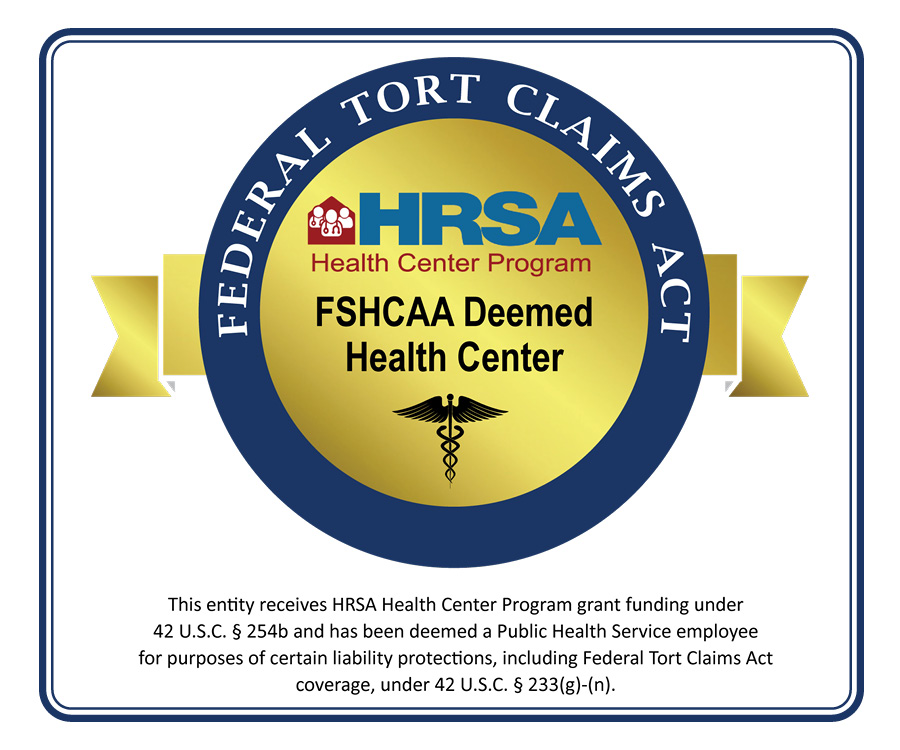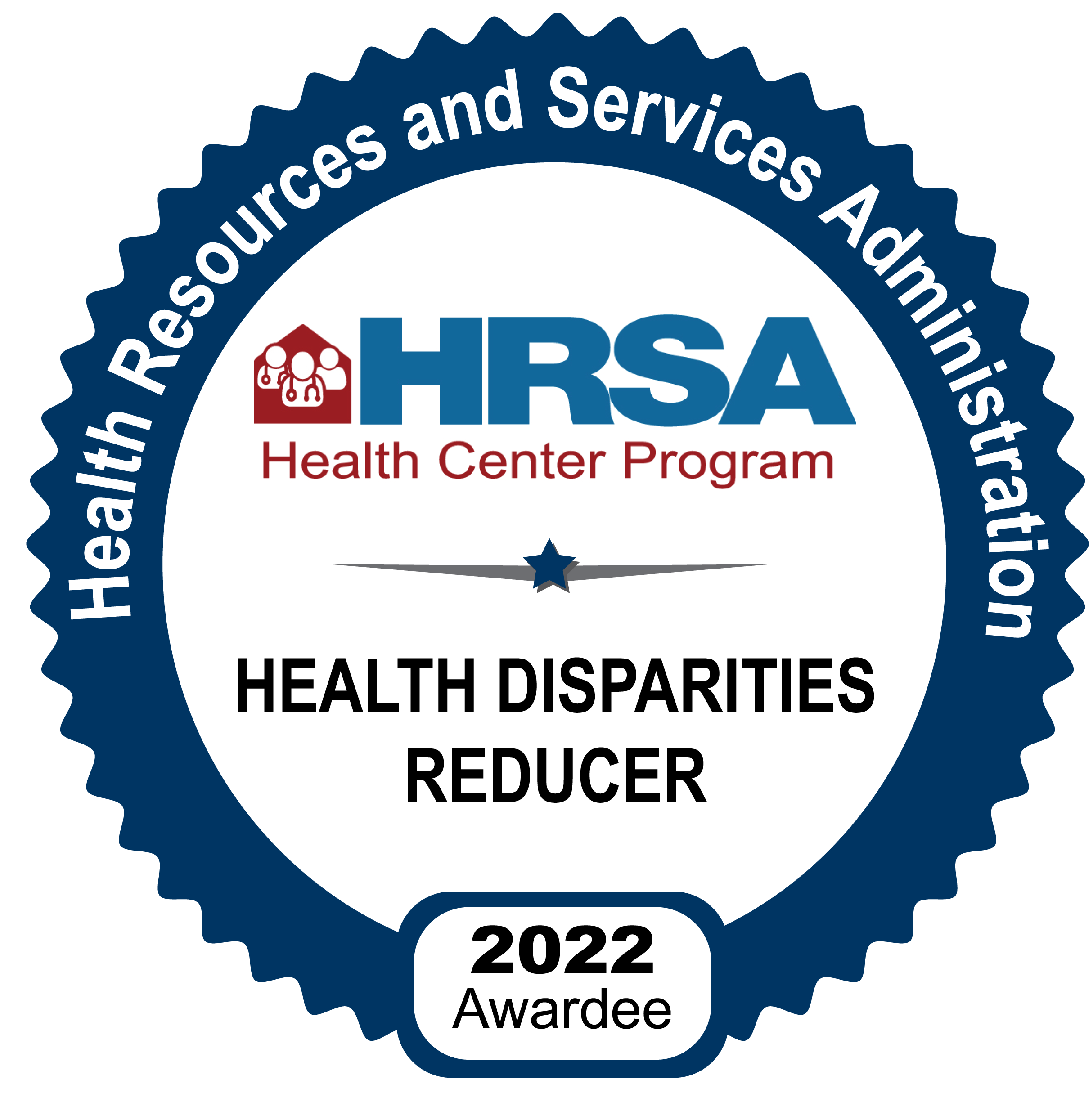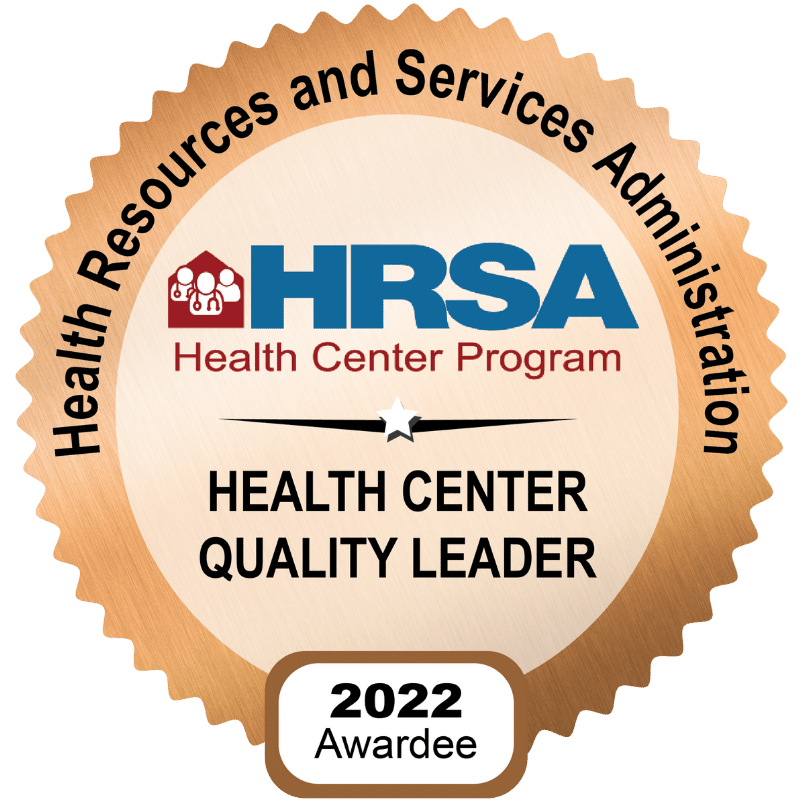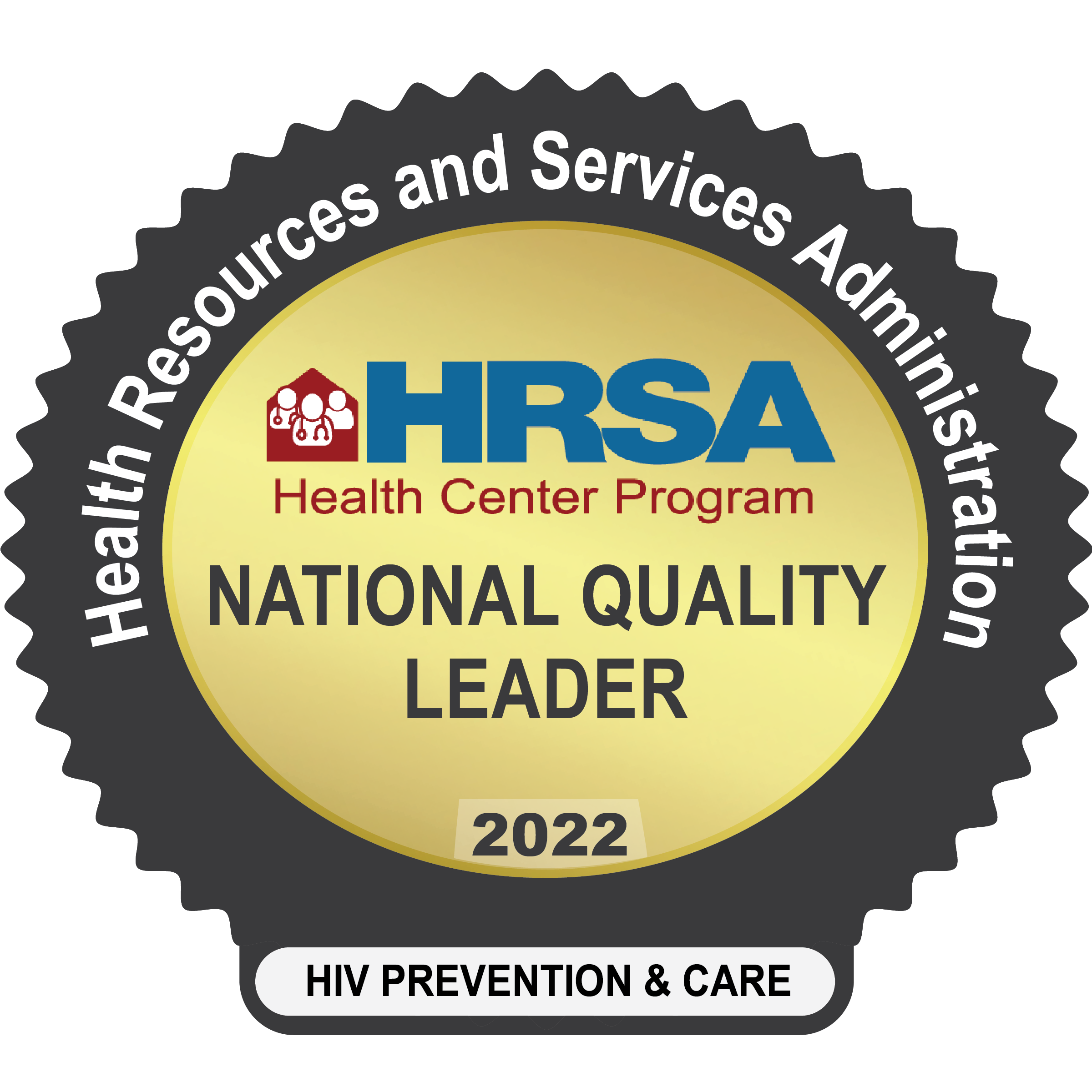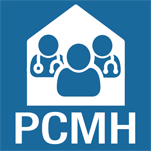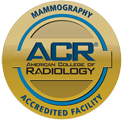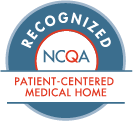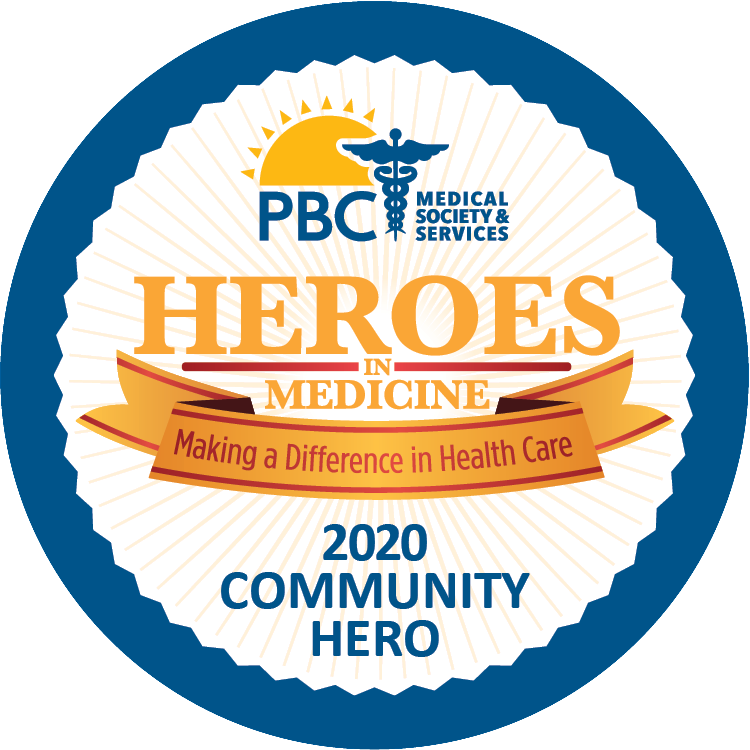A chronic disease is disease that persists over a long period of time. Most chronic diseases can be prevented or controlled through regular physical activity, eating healthy, not smoking, and avoiding excessive alcohol consumption. Listed below are examples of common chronic diseases and their early signs.
Subtle, progressive cognitive changes, such as mild forgetfulness, word-finding, slowed thinking, and difficulty with short-term recall are all a part of the normal aging process. These changes are caused by age-related reductions in the size of certain areas of the brain. When these changes happen quickly or in conjunction with other issues, it could be time to consult with a medical professional. Only a licensed medical doctor can make a diagnosis of Alzheimer’s. If you have concerns about a family member's health, start by seeking assistance from their physician. Learn more about Alzheimer's, Dementia, and the resources available to you at the links included below or call 561-432-5849.
- What You Should Know About Alzheimer's Disease
- What You Should Know About Dementia
- Memory Care in Florida
Arthritis is more common than you may think. According to the Arthritis Foundation, arthritis is an informal way of referring to joint pain or joint disease. There are more than 100 different types of arthritis. More than 50 million adults and 300,000 children have arthritis, making it the leading cause of disability in America.
Many of us experience joint pain now and then, especially as we age. However, if you experience joint symptoms that last three days or more, or if you have several episodes of joint symptoms in a one-month period, it is important to make an appointment with a doctor. Please call 561-HEALTHY (561-432-5849) today to schedule an appointment with one of our outstanding providers who can help determine the cause of your joint discomfort.
Asthma is a lung condition that causes swelling of the airwaves, which restricts the flow of air in and out of the lungs and makes it difficult to breathe. Asthma symptoms include trouble breathing, wheezing, coughing, and tightness in the chest. In severe cases, asthma can be deadly. Triggers that can initiate an asthma attack include allergens such as pollen, dust, animal dander, drugs, and food additives, as well as viral respiratory infections and physical exertion. Particularly dry, wet, or windy weather can make asthma symptoms worse.According to the Centers for Disease Control, 1 in 14 people have asthma.
Although there is no cure for asthma, it is a chronic illness that can be managed with proper prevention and treatment. Help for asthma sufferers is easy to obtain. If you or a loved one have concerns about asthma, please call FoundCare’s Health Center today at 561-HEALTHY (561-432-5849) to schedule an appointment with one of our physicians.
COPD, or chronic obstructive pulmonary disease, is a progressive disease that makes it hard to breathe. Symptoms of COPD include coughing, wheezing, shortness of breath, and chest tightness. Cigarette smoking is the leading cause of COPD.
Many people do not notice the symptoms of COPD in its early stages, and some mistake their increased breathlessness and coughing as a normal part of aging. COPD affects approximately 24 million people in the US, although half do not know they have it.
It is important to talk to a doctor as soon as you notice any of the symptoms of COPD. Early screening is important. If you are experiencing any of the symptoms listed above, please call FoundCare’s Health Center today at 561-HEALTHY (561-432-5849) to schedule an appointment with one of our physicians.
The term “heart disease” refers to several types of heart conditions. The most common type of heart disease in the United States is coronary artery disease (CAD), which affects the blood flow to the heart. Decreased blood flow can cause a heart attack.
Most heart disease is silent and may not be diagnosed until a person experiences signs or symptoms of a heart attack, heart failure, or arrhythmia.
High blood pressure, high blood cholesterol, and smoking are key risk factors for heart disease. Several medical conditions and lifestyle choices including diabetes, obesity, unhealthy diet, physical inactivity, and excessive alcohol use, can also put people at a higher risk for heart disease.
Disclaimer: Since HIV is spread primarily through sexual practices or by sharing needles, prevention messages on this site may address these topics. If you are not seeking such information, or may be offended by such materials, please exit this website.
HIV (human immunodeficiency virus) is a virus that attacks the body’s immune system. If HIV is not treated, it can lead to AIDS (acquired immunodeficiency syndrome). HIV is transmitted between humans through the exchange of certain types of bodily fluids including blood, semen, breast milk, and vaginal fluids. Not all body fluids can transmit HIV.
You can use strategies such as abstinence (not having sex), never sharing needles, and using condoms the right way every time you have sex to prevent HIV transmission. You may also be able to take advantage of HIV prevention medicines such as pre-exposure prophylaxis (PrEP) and post-exposure prophylaxis (PEP). If you have HIV, there are many actions you can take to prevent transmitting HIV to others.
With proper medical care, HIV can be controlled. People with HIV who get effective HIV treatment can live long, healthy lives and protect their partners.
FoundCare has been serving individuals in Palm Beach County with HIV and AIDS since 1985. FoundCare offers medical care from infectious disease specialists, medical case management, laboratory, and diagnostic testing services. A variety of support services are available at FoundCare including assistance with food, peer mentoring, drop-in centers, and more.
Hypertension is the medical term for high blood pressure. It is a common condition that eventually affects most of us, but if left untreated it can lead to a heart attack or stroke.
Many people have hypertension for years without any symptoms, but damage to the body is still being done. High blood pressure usually develops over time. Unhealthy lifestyle choices, such as not getting enough regular physical activity and health conditions like diabetes and obesity, can also increase the risk for developing high blood pressure. High blood pressure can also happen during pregnancy.
Many people with high blood pressure can lower their blood pressure into a healthy range or keep their numbers in a healthy range by making healthy lifestyle changes. Talk with your health care team to learn more about ways to manage and prevent high blood pressure.
Obesity affects more than just your waistline. It is actually a complex disorder involving excessive body fat. Did you know that obesity can lead to heart disease, stroke, type 2 diabetes and certain types of cancer? These are also the leading forms of preventable death.
The CDC reports that 36.5% of adults in the US are obese. Although following a healthy diet and exercising regularly can help prevent or reverse obesity, it is not always easy to get started. FoundCare's doctors and health educator can help develop a plan that works for you. Please call 561-HEALTHY (561-432-5849) today to schedule an appointment with one of our outstanding providers who can help you become your healthiest self.
Did you know that your oral health is directly linked to your overall health? Poor oral health can lead to bacteria from your mouth spreading through your body and leading to other illnesses. In addition, other ailments can impact your oral health. FoundCare is here to help you maintain your oral health through comprehensive, preventive, restorative and emergency dental care in a warm and friendly setting. Our outstanding oral health care services include exams, X-rays, treatment planning, cleanings, fluoride, sealants, fillings and crowns, and emergency services for toothaches, oral sores and broken teeth.
Osteoporosis is a common bone disease. It occurs when the body loses too much bone, makes too little bone, or both. As a result, bones become weak and may break from a fall or, in serious cases, from something as simple as coughing or sneezing or minor bumps. Osteoporosis can affect anyone, but women who have passed menopause are at the highest risk.
Medications, healthy diet and weight-bearing exercise can help prevent bone loss or strengthen already weak bones. A bone density test can determine if you have osteoporosis. Please call 561-HEALTHY (561-432-5849) today to schedule an appointment with one of FoundCare's outstanding providers who can determine if you have osteoporosis and work with you to help keep your bones as strong as possible.
According to the CDC, cigarette smoking is the leading preventable cause of death in the United States.
- Cigarette smoking causes more than 480,000 deaths each year in the United States.
- Smoking causes more deaths each year than HIV, illegal drug use, alcohol use, motor vehicle injuries and firearm-related incidents combined.
- More than 10 times as many US citizens have died prematurely from cigarette smoking than have died in all the wars fought by the United States during its history.
- Smoking causes about 90% of all lung cancer deaths in men and women. More women die from lung cancer each year than from breast cancer.
Smokers are more likely than nonsmokers to develop heart disease, stroke, and lung cancer. Smokers are at greater risk for diseases that affect the heart and blood vessels (cardiovascular disease). Even people who smoke fewer than five cigarettes a day can have early signs of cardiovascular disease. Smoking damages blood vessels and can make them thicken and grow narrower. This makes your heart beat faster and your blood pressure go up. Clots can also form.
Smoking can cause lung disease by damaging your airways and the small air sacs (alveoli) found in your lungs.
- Lung diseases caused by smoking include COPD, which includes emphysema and chronic bronchitis.
- Cigarette smoking causes most cases of lung cancer.
- If you have asthma, tobacco smoke can trigger an attack or make an attack worse.
Smoking can cause cancer almost anywhere in your body:
- Bladder
- Blood (acute myeloid leukemia)
- Cervix
- Colon and rectum (colorectal)
- Esophagus
- Kidney and ureter
- Larynx
- Liver
- Oropharynx (includes parts of the throat, tongue, soft palate, and the tonsils)
- Pancreas
- Stomach
- Trachea, bronchus, and lung
Smoking also increases the risk of dying from cancer and other diseases in cancer patients and survivors.
Smoking harms nearly every organ of the body and affects a person’s overall health.
- Smoking can make it harder for a woman to become pregnant and can affect her baby's health before and after birth. Smoking increases risks for:
- Preterm (early) delivery
- Stillbirth (death of the baby before birth)
- Low birth weight
- Sudden infant death syndrome (SIDS or crib death)
- Ectopic pregnancy
- Orofacial clefts in infants
- Smoking can also affect men's sperm, which can reduce fertility and also increase risks for birth defects and miscarriage.
- Smoking can affect bone health.
- Women past childbearing years who smoke have weaker bones than women who never smoked, and are at greater risk for broken bones.
- Smoking affects the health of your teeth and gums and can cause tooth loss.
- Smoking can increase your risk for cataracts (clouding of the eye’s lens that makes it hard for you to see) and age-related muscular degeneration (damage to a small spot near the center of the retina, the part of the eye needed for central vision)
- Smoking causes general adverse effects on the body, including inflammation and decreased immune function.
Quitting smoking lowers your risk for all of these diseases and can add years to your life, but it isn't easy. Please call 561-HEALTHY (561-432-5849) today to schedule an appointment with one of our outstanding providers who can help you quit smoking and lead a longer, healthier life.

